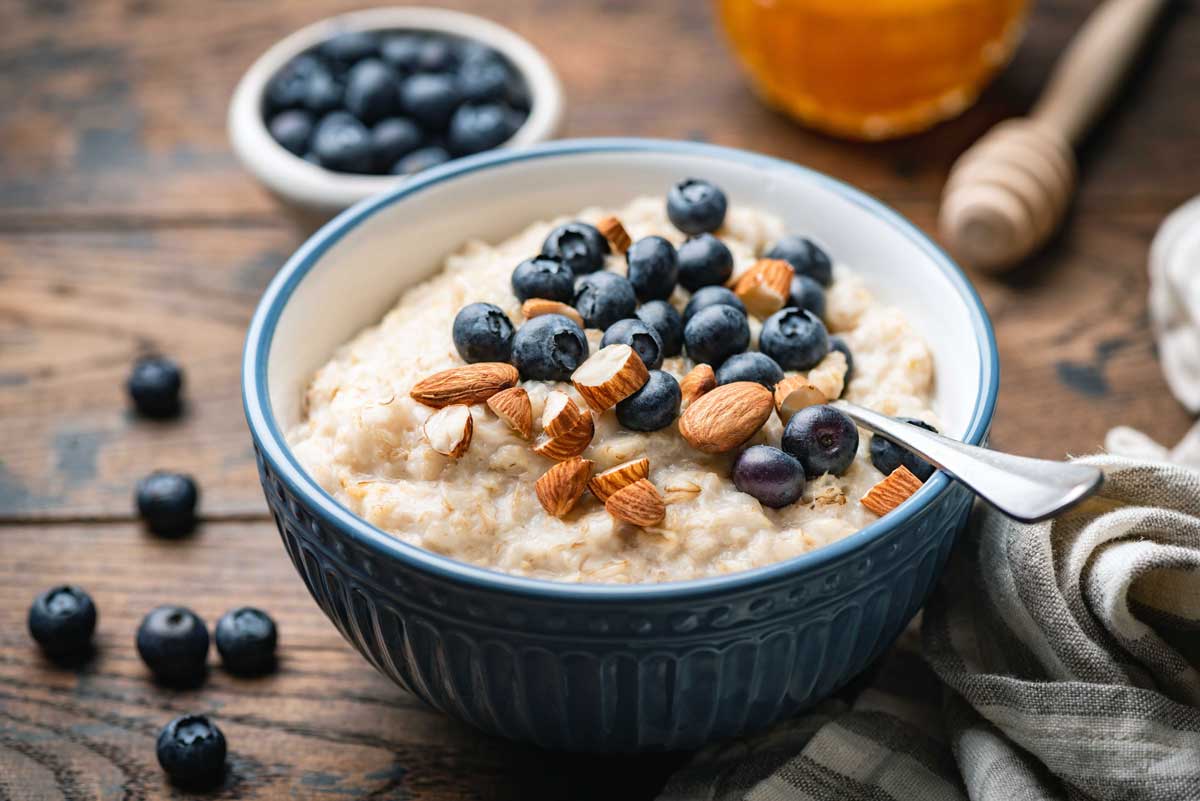
For the thousands of individuals across the UK living with Obstructive Sleep Apnoea (OSA), the introduction of a CPAP (Continuous Positive Airway Pressure) machine is nothing short of a life-changing intervention.
OSA, characterised by repeated pauses in breathing during sleep, isn't just a heavy snore; it’s a serious health condition that fragments sleep, causes severe daytime exhaustion, and dramatically increases the risk of heart disease, stroke, and high blood pressure.
The CPAP machine—a small, bedside device that delivers a gentle, continuous stream of pressurised air through a mask—acts as a pneumatic splint for the upper airway, holding it open. It is the most effective, first-line treatment for moderate to severe OSA. However, going from diagnosis to successful, nightly use involves navigating both the practicalities of UK healthcare access and the personal challenge of adjusting to a machine.
Accessing CPAP: The NHS vs. The Private Route
In the UK, the primary route to CPAP therapy is through the NHS, and it's a lifeline for patients.
- The NHS Pathway: If your GP suspects OSA (often based on symptoms like severe daytime sleepiness, witnessed apnoeas, or high Epworth Sleepiness Scores), they will refer you to an NHS sleep disorders clinic, usually run by a respiratory or neurology team. Diagnosis is typically confirmed via an overnight sleep study, often done at home. If moderate to severe OSA is diagnosed, the CPAP machine, mask, consumables, and ongoing clinical support are provided free of charge as a long-term loan. The challenge here can often be waiting times for initial referral and diagnosis.
- The Private Route: For those able to afford it or covered by Private Medical Insurance (PMI), the process is significantly faster. Private hospitals offer quicker consultations and may provide a Polysomnography (PSG)—the "gold standard" overnight hospital sleep study—or use advanced home testing kits. The initial cost of a machine, mask, and specialist consultations is covered by the patient or PMI, resulting in treatment starting within days or weeks, rather than months.
Whether NHS or private, the benefits are the same: reduced daytime sleepiness, improved concentration, better mood, and a substantial lowering of cardiovascular risk.
The Adjustment Challenge: Common Hurdles and UK Solutions
Successfully embracing CPAP is less about the machine's complexity and more about commitment. It is perfectly normal to struggle initially; studies show that persistence is key, and most people adjust within a few weeks.
1. Mask Misery and Leakage
A poor mask fit is the number one reason for non-compliance. Leaks not only annoy your partner but compromise the treatment pressure.
- Solution: Don't settle for the first mask you are given. The UK market offers a huge range, including nasal masks (covering just the nose), full-face masks (covering the nose and mouth, good for mouth breathers), and tiny nasal pillows (sealing at the nostrils). If you're struggling, contact your NHS sleep clinic's CPAP helpline; they are experts at refitting. You may also find relief using mask liners or skin protective creams to prevent chafing on the bridge of the nose.
2. Dry Mouth, Dry Nose, and Congestion
The constant flow of air, especially in a cold UK bedroom, can dry out the mucosal linings of the nose and throat, leading to stuffiness and discomfort.
- Solution: Ask your clinic about a Heated Humidifier. These attach to the machine and warm and moisten the air, replicating the natural function of your upper airway. Many modern machines also offer Heated Tubing to prevent condensation from forming inside the hose (the dreaded 'rainout'). Over-the-counter saline nasal sprays used before bed can also provide significant relief.
3. Feeling Claustrophobic or Bloated
Some users feel suffocated or struggle to exhale against the continuous pressure, sometimes resulting in swallowing air (aerophagia), which causes bloating.
- Solution: Start slow. Practice wearing the mask for short periods while awake. Ask your clinician if your machine has a 'Ramp' feature, which starts at a very low, comfortable pressure and slowly increases to your prescribed level after you've fallen asleep. If struggling to exhale, you may benefit from a more advanced machine called a BiPAP/BiLevel PAP, which automatically lowers the pressure when you breathe out.
Living Fully: Driving and Travel in the UK
CPAP therapy has legal implications, especially concerning driving.
- Driving (DVLA) Guidance: If you have been diagnosed with OSA and feel excessively sleepy during the day, you must inform the DVLA (Driver and Vehicle Licensing Agency). If you are compliant with your CPAP therapy (using it for at least four hours per night) and your sleepiness is controlled, you can usually continue to drive. However, you must not drive if you feel excessively tired. This is a serious legal and safety requirement in the UK.
- Travel: Your CPAP machine is considered medical equipment and can be carried onto a plane in addition to your standard carry-on allowance. Always take a letter from your clinic or doctor detailing the need for the device and remember a travel adaptor for use abroad.
Essential UK Support and Referral Links
Never stop using CPAP without consulting your clinician. If you are struggling, reach out to the dedicated support services funded by the NHS or UK charities.
- Initial Diagnosis & NHS Pathway: If you suspect you have sleep apnoea, the first step is always to see your GP. They will assess your symptoms and refer you to a specialist NHS sleep clinic.
- National Sleep Charity Support (SATA): The Sleep Apnoea Trust Association (SATA) is a leading UK charity offering invaluable patient information, resources, and signposting to local support groups. Search for: 'Sleep Apnoea Trust Association UK'
- General Lung Health Advice: Asthma + Lung UK provides comprehensive, reliable information on OSA, CPAP troubleshooting, and general lung health. Search for: 'Asthma + Lung UK sleep apnoea'
- Driving Regulations: For definitive, up-to-date guidance on reporting your condition and fitness to drive, consult the official source. Search for: 'DVLA sleep apnoea guidance' on the GOV.UK website.
By working closely with your healthcare team and committing to the adjustment period, CPAP therapy can dramatically improve your health, energy levels, and overall quality of life. Embrace the machine; it is your gateway to restorative, healthy sleep.



